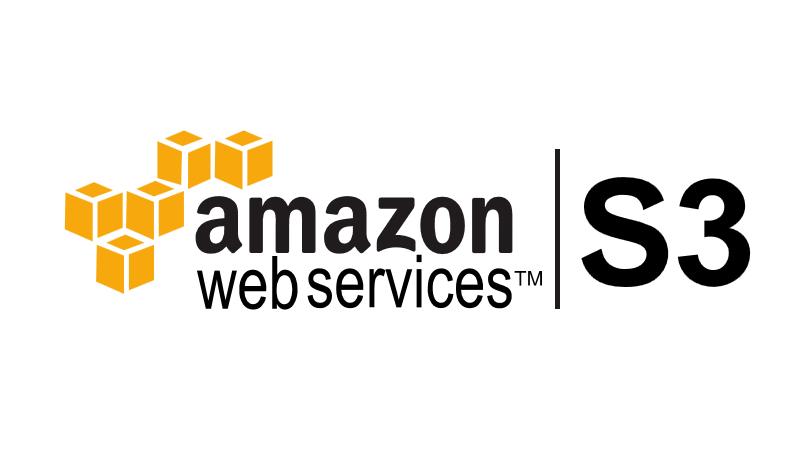Amazon S3, also known as Amazon Simple Storage Service is
According to Amazon S3 offers 99.999999999% durability because it automatically creates and stores copies of data across multiple systems. Since S3 is a cloud storage service, the total volume of data and number of objects that can be stored is unlimited.
AWS uses the simple key-based storage principle to organize data. When data is stored, a unique object key is assigned to it, which is used later to retrieve that data. Object tagging can also be used to organize data.
S3 customers can select from six different storage classes based on their frequency of usage, access patterns, volume and the expected life of data. The storage classes are the following:
S3 Standard: Best for frequently accessed data. Delivers low latency, high throughput. Offers 99.99% availability over a given year.
S3 Intelligent-Tiering: Designed to save costs by automatically moving data to the most cost-effective tier, this storage class if ideal for data with unknown and changing access priorities. For a small fee, AWS will monitor access patterns and moves objects that is not accessed for the last thirty days to an infrequent access tier. If the object in the infrequent tier is accessed, it is automatically moved to the frequent access tier.
S3 Standard-IA: This low-cost, high-performance storage class is great for data that are accessed less frequently, but needs quick access when required. Ideal for long term storage, backups and to store disaster recovery files.
S3 One Zone-IA: This storage service is similar to Standard-IA, but offers reduced availability, thereby reducing the cost. Unlike other storage services that remain available from three different available zones by default, One Zone-IA keeps data in a single availability zone.
S3 Glacier: This service is mainly used for data archiving. According to AWS customers can store data in Glacier “at costs that are competitive with or cheaper than on-premises solutions.” Data can be retrieved using three options, ranging from minutes to hours. Expedited retrievals return data in one to five minutes, Standard retrievals can be done in three to five hours and Bulk retrieval returns data in five to twelve hours.
S3 Glacier Deep Archive: This is Amazon’s lowest-cost storage service, designed for data storage needs for seven to ten years or even longer. Data gets stored in at least three geographically-dispersed availability zones and can be typically restored within 12 hours.
Performance Comparison of S3 Storage Classes
All storage classes offer 99.999999999% durability, Object storage and life-cycle transitions.
| Storage Class | S3 Standard | S3 Intelligent-Tiering* | S3 Standard-IA | S3 One Zone-IA† | S3 Glacier | S3 Glacier Deep Archive |
| Availability | 99.99% | 99.90% | 99.90% | 99.50% | N/A | N/A |
| Availability SLA | 99.90% | 99% | 99% | 99% | N/A | N/A |
| Availability Zones | ≥3 | ≥3 | ≥3 | 1 | ≥3 | ≥3 |
| Minimum capacity charge per object | N/A | N/A | 128KB | 128KB | 40KB | 40KB |
| Minimum storage duration charge | N/A | 30 days | 30 days | 30 days | 90 days | 180 days |
| Retrieval fee | N/A | N/A | per GB retrieved | per GB retrieved | per GB retrieved | per GB retrieved |
| First byte latency | milliseconds | millseconds | milliseconds | milliseconds | minutes or hours | hours |
Amazon S3 Pricing:
Similar to other cloud services from AWS, there is no minimum payment or long term commitment required to use Amazon S3. The pay as you go model allows customers to pay only for the resources they consume in a given month. Price differs based on storage location.
Example: S3 Storage Pricing in US East (Ohio)
| Storage Class | First 50 TB | Next 450 TB | Over 500 TB |
| S3 Standard Storage | $0.023 per GB | $0.022 per GB | $0.021 per GB |
| Storage Class | All Storage/Month |
| S3 Standard-IA | $0.0125 per GB |
| S3 One Zone-IA | $0.0100 per GB |
| S3 Glacier | $0.0040 per GB |
Apart from storage, customers also pay for data retrieval, storage management, data transfer, replication and few other services. For more details on S3 storage pricing please visit AWS



